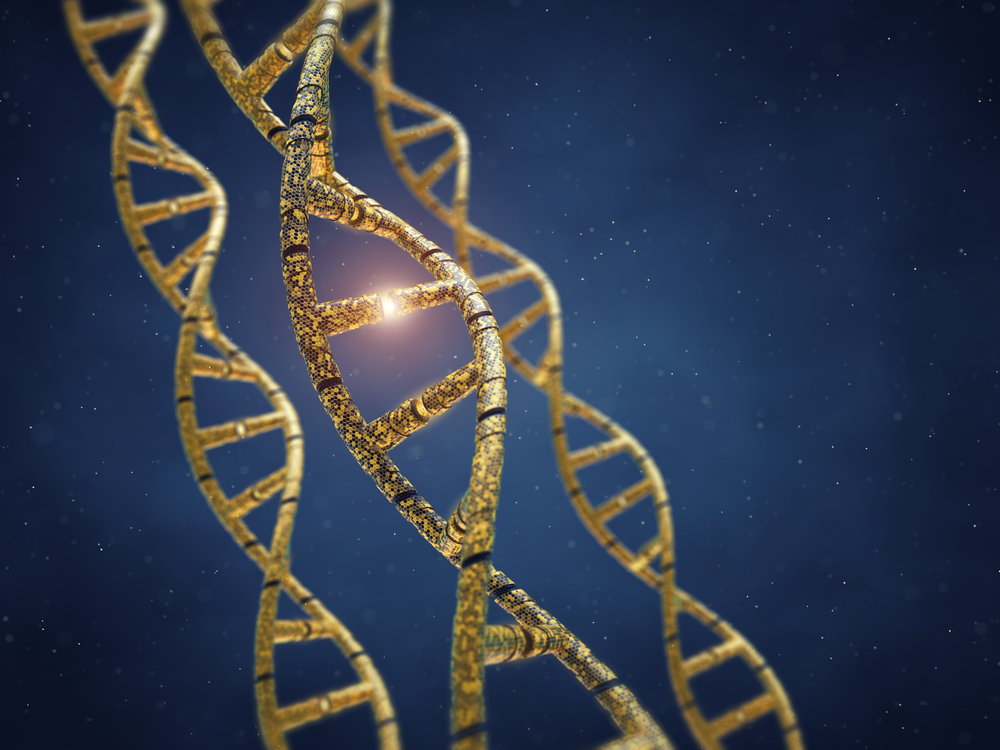Mitochondrial Mutation May Cause Maternally Inherited Hypertension, Study Suggests

Researchers in China report finding a mutation in a mitochondrial gene that causes maternally inherited hypertension, according to a study published in the Journal of Biological Chemistry.
The mutation impacts protein production in the mitochondria, researchers at the Zhejiang University School of Medicine in China said, also leading to decreased mitochondrial energy production and increased levels of harmful oxidative processes.
The study is titled “A hypertension-associated mitochondrial DNA mutation alters the tertiary interaction and function of tRNALeu(UUR).”
Their finding might explain at least some other cases of maternally inherited high blood pressure.
Researchers identified the affected family when they screened for genetic risk factors for hypertension. The mutation — in which one DNA base had been supplemented for another — affected a so-called tRNA.
tRNAs are part of the cellular protein-making machinery, carrying amino acids, the building blocks of proteins, to be attached to a growing protein chain. These tRNAs are specific to an amino acid, and this particular one was tasked with bringing the amino acid Leucine to proteins in construction.
Since researchers suspected it was the identified mutation that was causing high blood pressure in the affected family, they examined several members of the extended family. The family members went through a physical examination, laboratory tests for risk factors of cardiovascular disease, and electrocardiography.
Among five family members, researchers found hypertension among four who were maternally related. None of the non-maternal relatives examined had hypertension, and none of the children of three affected fathers had hypertension, suggesting that their condition was linked to a mitochondrial flaw.
The affected family members did not have any other disease conditions.
Further experiments using lab-grown cells, derived from this family, suggested that the mutation changed the three-dimensional structure and stability of the tRNA.
Researchers also noted that the cells had lower levels of the particular Leucine-carrying tRNA, and that the activity of the process by which amino acids are attached to tRNAs inside mitochondria was reduced..
All these factors suggested that the mutation might impair the production of proteins, particularly those holding many Leucine amino acids. The team examined proteins found in the mitochondrial energy-making complexes, and found — just as they had expected — lower levels.
This also translated to a lower energy production efficiency, and more reactive oxygen species, which are formed when energy production becomes impaired.
Their findings suggest that the effects of the mutation cause the high blood pressure seen in this family.






